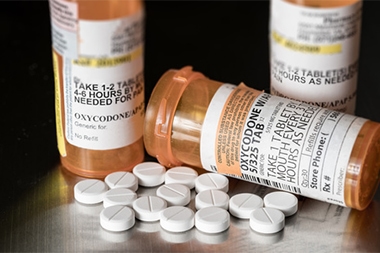Among the key points in the healthcare bill introduced by Massachusetts Governor Charles Baker are efforts to settle on a core definition of urgent care, but also steps to require urgent care centers to be “licensed” by the state and provide mental health services, meet certain primary care standards, and accept MassHealth members. Those elements of the bill, H. 4134, are a nod to the growing influence of urgent care (and retail clinics) in Massachusetts, …
Read More









